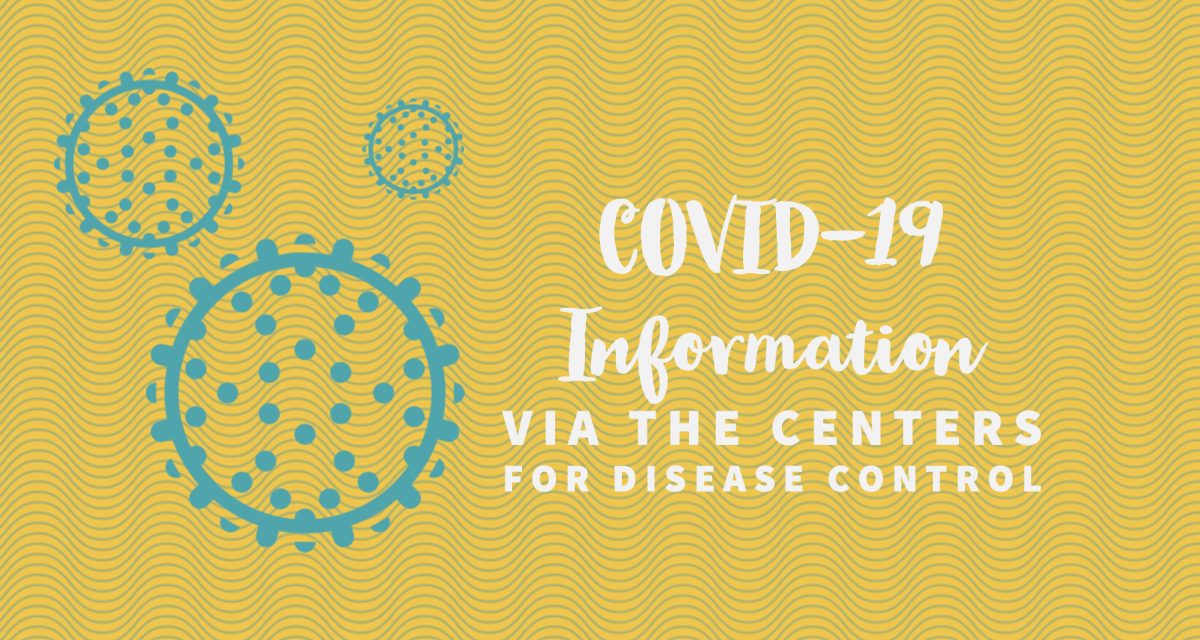The Centers for Disease Control and Prevention has released a statement with guidelines for people who need to take extra precautions during the United States’ outbreak of COVID-19. Those who are in this extra precaution category include older adults and people of any age who may have underlying health conditions. These people are at a higher risk of developing complications associated with COVID-19. Other groups who are considered high risk may be pregnant people and people experiencing homelessness. A short list of more at risk individuals, courtesy of the CDC, is detailed below. This list is non exhaustive, and more information can be found at https://www.cdc.gov/coronavirus/2019-ncov/need-extra-precautions/people-at-higher-risk.html .
- People aged 65 or older
- People who live in a nursing home or long-term care facility
People of all ages with underlying medical conditions, particularly if not well controlled, including:
- People with chronic lung disease or moderate to severe asthma
- People who have serious heart conditions
- People who are immunocompromised
- Many conditions can cause a person to be immunocompromised, including cancer treatment, smoking, bone marrow or organ transplantation, immune deficiencies, poorly controlled HIV or AIDS, and prolonged use of corticosteroids and other immune weakening medications
- People with severe obesity (body mass index [BMI] of 40 or higher)
- People with diabetes
- People with chronic kidney disease undergoing dialysis
- People with liver disease
For more information and resources regarding COVID-19, such as symptoms and testing, prevention of illness, treatment if you do fall ill, and daily life and coping resources, visit the CDC’s website, where there are also accessible resources for those in need. If you are critically ill and in need of medical services, please call 911. If you are experiencing symptoms, call your healthcare provider.





